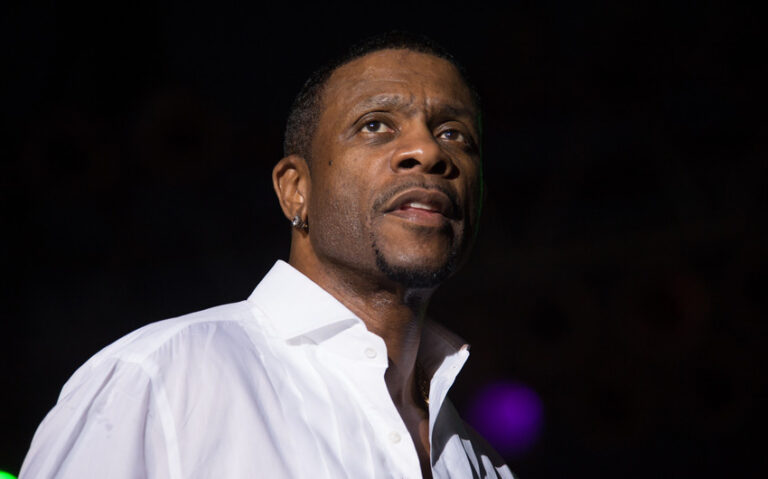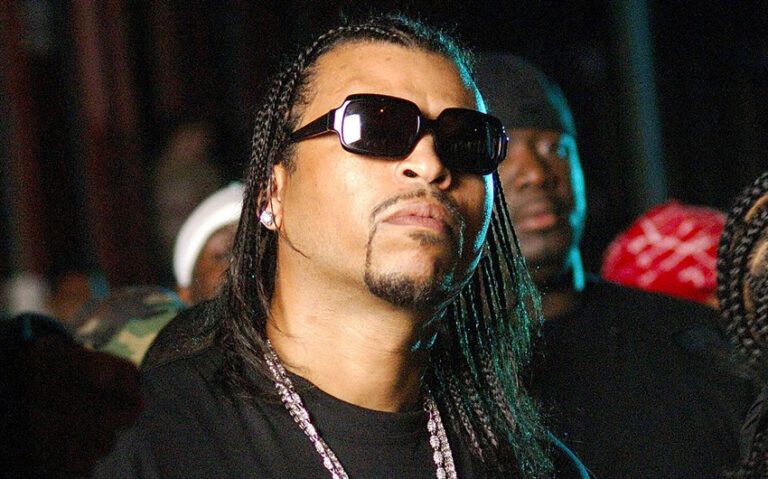El Salvador President Net Worth: Timeline of Wealth and Power
If you’ve ever wondered about the El Salvador president’s net worth and how it has changed during his rise to power, you’re not alone. As of 2025, the office is held by Nayib Bukele, a name that’s been making headlines far beyond Central America.
From a family of entrepreneurs to a presidency marked by cryptocurrency adoption and global attention, Bukele’s financial profile has become a topic of curiosity and controversy alike. Understanding his net worth requires tracing his career across business, politics, and policy. Here’s how his fortune has evolved over time—and what it reveals about wealth and power in El Salvador.
The Man Behind the Office
Before becoming the president of El Salvador, Nayib Bukele was known in business and political circles as a bold, sometimes unconventional figure. Born in 1981 into a prominent family, Bukele was exposed early to entrepreneurial ventures. His father, Armando Bukele Kattán, was a businessman and imam, respected for his role in media, public discourse, and enterprise. That familial background likely played a significant role in shaping Nayib’s early exposure to business strategy and capital.
In his early professional years, Bukele was involved in advertising and public relations. He reportedly managed and co-owned Yamaha Motors El Salvador, a family business dealing in motorcycles and related equipment. His involvement in these ventures provided a solid income stream and served as a stepping stone to his political ambitions.
By the time Bukele entered politics in the early 2010s—first as the mayor of Nuevo Cuscatlán and then San Salvador—he had already amassed a comfortable personal income, though not yet a publicly estimated fortune. At that stage, there were no official reports of extraordinary wealth, but observers noted his polished image and tech-friendly approach, often hinting at deeper financial resources.
Net Worth Growth Over Time
Pre-Presidency Wealth Sources
Long before Bukele assumed the presidency, his business dealings were already generating revenue. His involvement with the family’s Yamaha dealership is one of the few verifiable sources of income from that period. Additionally, Bukele reportedly had interests in other private enterprises, though details remain scarce. While no formal estimate of his net worth exists from this phase, industry insiders suggest it was likely in the low millions—perhaps between $1 million and $3 million—by the time he transitioned into full-time politics.
Bukele’s communications acumen also opened doors. He ran a successful advertising firm known as Obermet, which handled campaigns for major brands and public figures. While not publicly listed, such firms can generate significant income if they land high-profile contracts. These pre-government business activities would form the initial backbone of his personal net worth.
During the Presidency
Nayib Bukele became president of El Salvador in June 2019. His government salary, as reported, is roughly $60,000 to $70,000 annually. However, like many heads of state, his official salary is likely only a minor component of his total financial position.
During his presidency, Bukele has received both acclaim and criticism for his strong-handed leadership style, ambitious reforms, and tech-forward vision. One of the most headline-grabbing moments came in 2021 when El Salvador became the first country in the world to adopt Bitcoin as legal tender. This move marked a turning point—not just for the nation’s economy, but for Bukele’s international reputation.
Critics have speculated whether Bukele has personally profited from his pro-crypto policies. While there is no public evidence tying him to specific wallets or crypto accounts, media outlets and blockchain analysts have raised questions about insider knowledge or quiet investments in digital assets. On the other hand, Bukele himself has claimed that the national Bitcoin portfolio is handled transparently and separate from personal funds.
Transparency watchdogs have noted that El Salvador’s government under Bukele has reduced access to public financial records, particularly related to presidential spending. This lack of openness makes it challenging to track changes in his personal finances directly. Still, it is widely believed that his net worth has grown significantly during his time in office—not necessarily due to corruption, but due to increased global connections, speaking engagements, and potential side investments.
Post-2021 Digital Transformation
The year 2021 marked a pivotal moment in Bukele’s financial narrative. With Bitcoin’s legalization in El Salvador, Bukele positioned himself as a global innovator—though also a controversial one. Since then, he has appeared at crypto summits, engaged with blockchain CEOs, and promoted investment in El Salvador’s so-called “Bitcoin City,” a tax-free, crypto-friendly economic zone.
While most of the Bitcoin-related assets are theoretically held by the Salvadoran government, many believe Bukele has taken personal stakes in cryptocurrency. According to some reports, he is rumored to have private holdings that benefited from early investments, possibly dating back to before the national adoption policy was unveiled. If true, these could add millions to his personal net worth, depending on timing and the current price of Bitcoin.
Even without direct ownership, his role in shaping El Salvador’s crypto landscape has made him a valuable figure on the global tech-political stage. He is often invited to exclusive events and think tanks where additional income can be generated through paid appearances, consulting, and deals negotiated behind closed doors.
Current Estimate of Net Worth
As of 2025, estimates of Nayib Bukele’s net worth vary widely. Conservative projections based on declared assets and known income streams place it between $3 million and $5 million. However, speculative projections that include potential Bitcoin holdings and off-record business interests push that number higher—possibly as much as $10 million to $15 million, though this is unverified.
Compared to other leaders in Latin America, Bukele’s wealth stands out more for its mystery than its magnitude. Leaders in countries like Mexico or Brazil may have larger reported fortunes, but few have been at the center of such a rapid economic experiment as El Salvador’s Bitcoin initiative.
Bukele’s political opponents have called for increased financial transparency, particularly concerning state-run crypto wallets, the funding of national projects like Bitcoin City, and public-private contracts. Yet his supporters argue that his priorities lie in national modernization and investment growth—not personal gain.
In the absence of mandatory disclosure laws that force the executive office to release full financial audits, much of Bukele’s true net worth remains a matter of educated speculation. What’s clear, however, is that his influence has created opportunities for both national investment and personal financial expansion—legitimate or otherwise.







